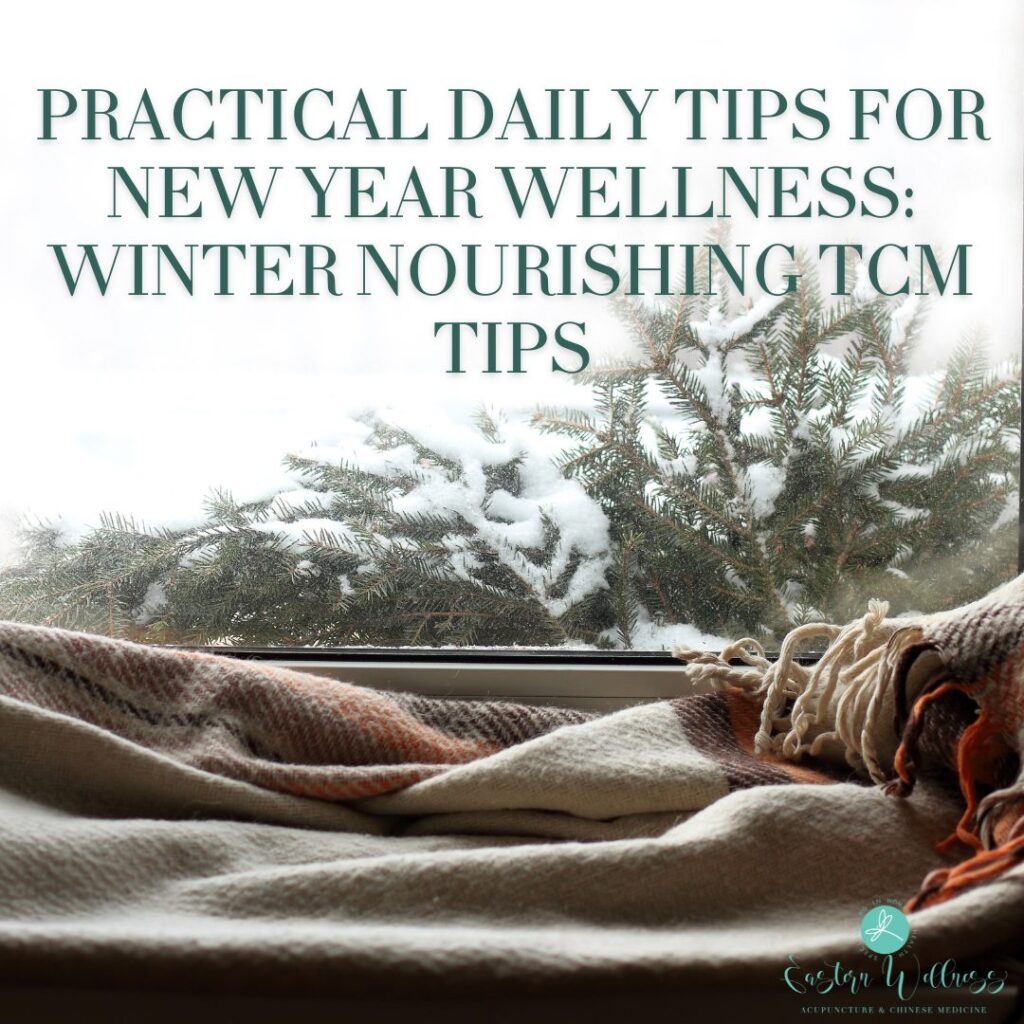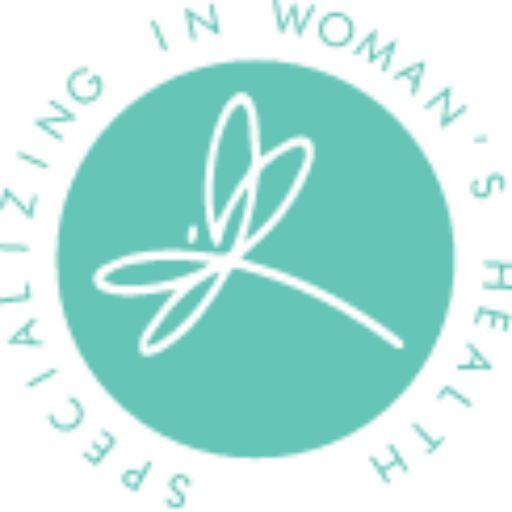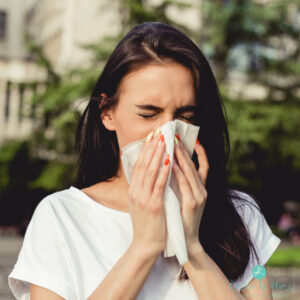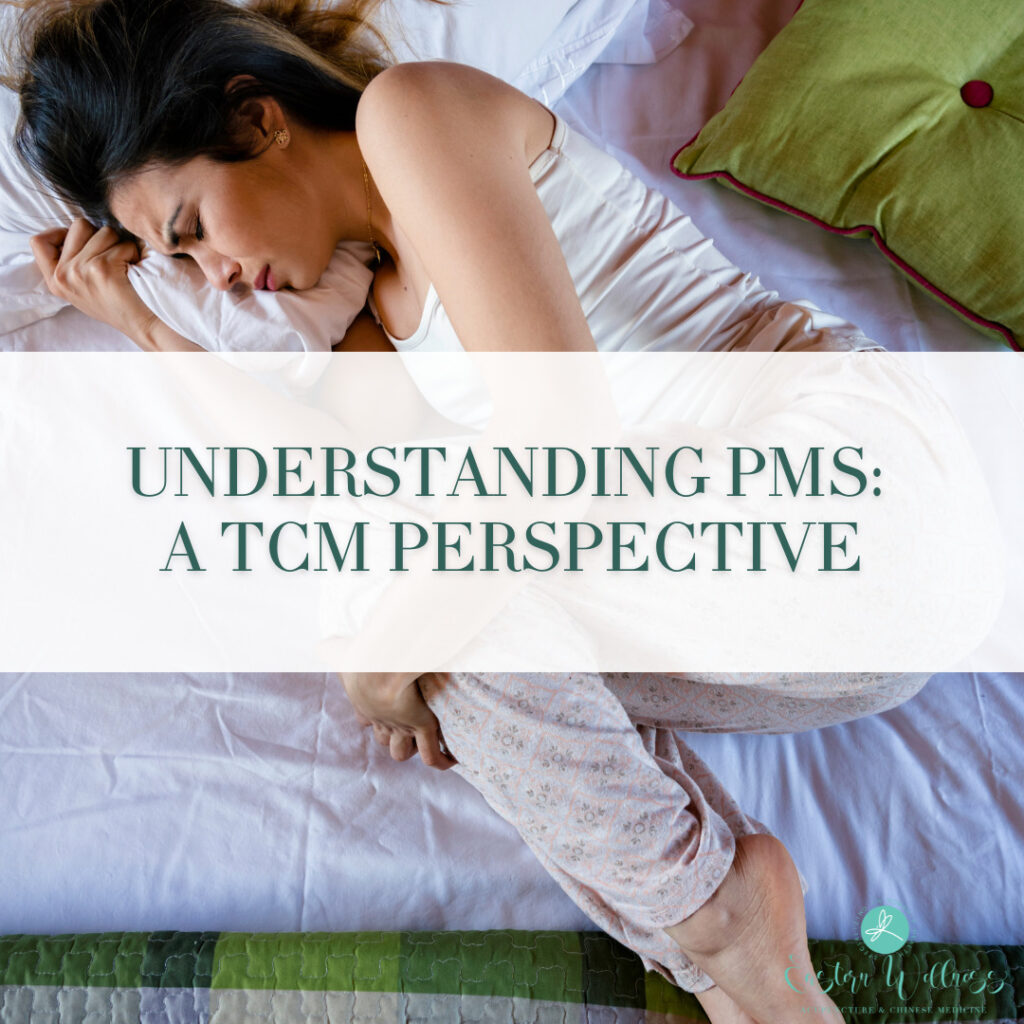
As the calendar turns, it’s common to set health goals with the best of intentions. Yet, all too often, we find ourselves trapped in an “all or nothing” mindset, expecting strict dietary regimens and rigorous workouts that are simply too harsh to maintain. Traditional Chinese Medicine (TCM) offers a more sustainable and balanced approach to achieving wellness—one that values gradual, consistent changes over drastic shifts. As winter invites a slower pace, it’s the perfect season to gently prepare your body for the new year. Here are some practical and specific TCM tips to guide you:
1. Warm Up Your Diet
TCM emphasizes the importance of warming foods during the cold months. Incorporate ingredients like ginger, garlic, onions, and cinnamon into your meals to stimulate circulation and heat from the inside out. For a comforting snack, try roasted sweet potatoes sprinkled with cinnamon or a homemade ginger tea with a touch of honey.
2. Regular, Gentle Movement
Instead of intense gym sessions, focus on gentle, consistent movements that keep the Qi flowing without overwhelming your body. Set a daily reminder to spend 15 minutes dancing to a Zumba video on YouTube or walking in place while watching your favorite TV show. These simple activities can significantly boost your energy and mood.
3. Hydration and Atmosphere
Even in winter, hydration is key. Swap out cold water for warm herbal teas like chamomile or peppermint, which can soothe the soul and keep you hydrated. Also, use a humidifier in your living space to combat the drying effects of central heating, helping to keep your nasal passages and skin moisturized.
4. Prioritize Rest
Winter in TCM is all about restoration and conservation of energy. Commit to going to bed 30 minutes earlier than usual and aim for 7-9 hours of sleep per night. Creating a bedtime routine, such as reading or a warm bath, can signal to your body that it’s time to wind down.
5. Skin Care Naturally
Protect your skin from the harsh winter elements by applying natural oils like argan or coconut oil, which provide deep hydration and protect the skin’s barrier. Always wear scarves and gloves to shield exposed skin from cold winds.
6. Balanced Eating
Instead of cutting out entire food groups, focus on balance. For example, combine carbohydrates with proteins or healthy fats to stabilize blood sugar levels. Enjoy a baked apple with a sprinkle of nutmeg and a dollop of Greek yogurt for a snack that’s both satisfying and stabilizing.
Conclusion
Embracing TCM’s wisdom means acknowledging that wellness is a journey of small, manageable steps rather than giant leaps. This winter, let your health resolutions be about nurturing, not punishing, your body. With these practical and thoughtful adjustments, you’ll enter the new year feeling revitalized and balanced, ready to sustain your health goals throughout the coming months. Remember, every small step is a progress towards a healthier you!











